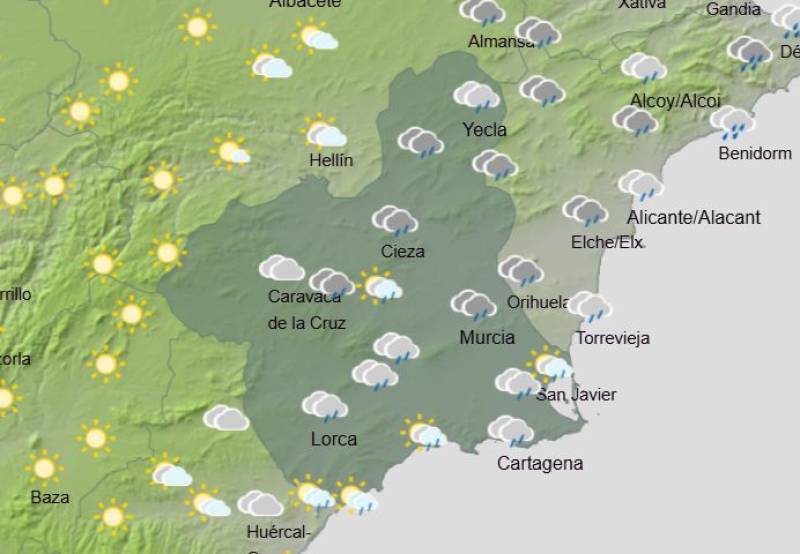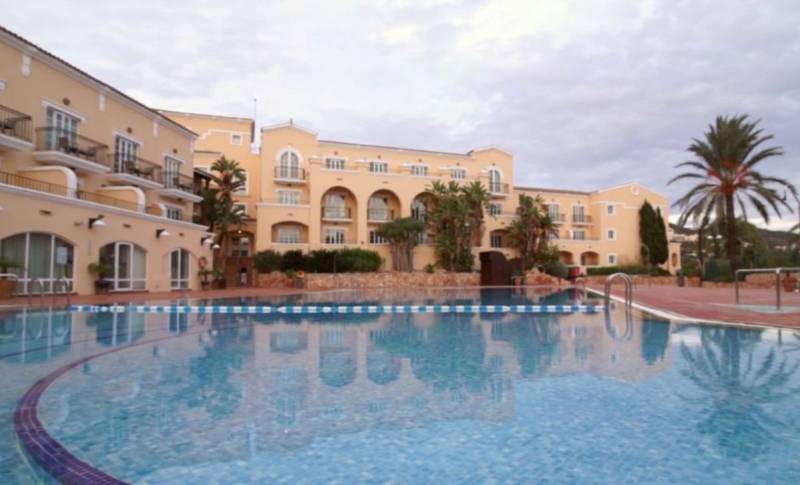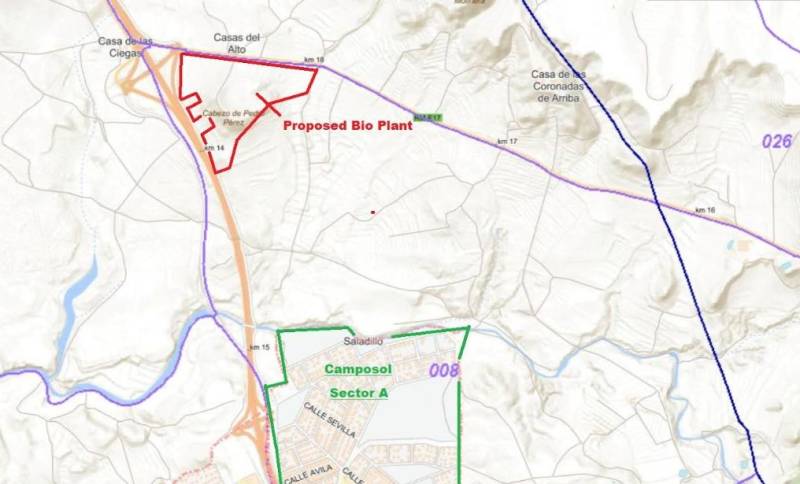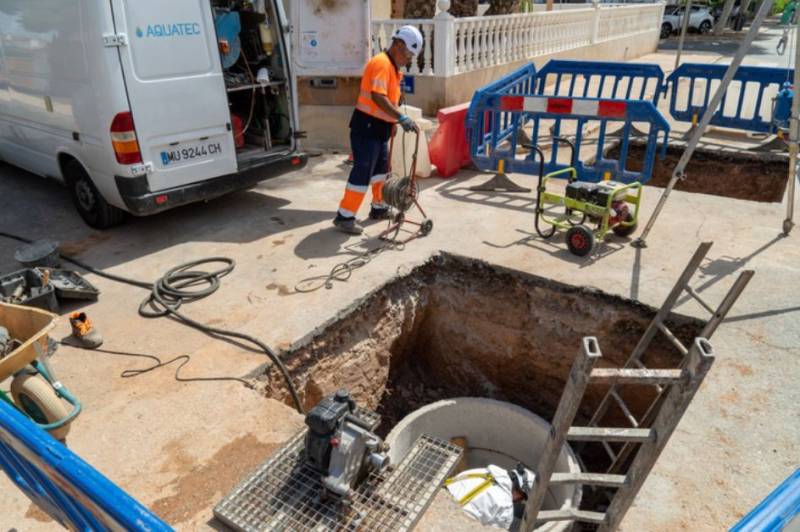
To be listed on the CAMPOSOL TODAY MAP please call +34 968 018 268.
article_detail
Date Published: 28/07/2025
Health officials on alert as measles cases on the rise again in Murcia
Spain is seeing a sharp increase in measles infections, but high vaccination rates in Murcia are helping keep outbreaks at bay
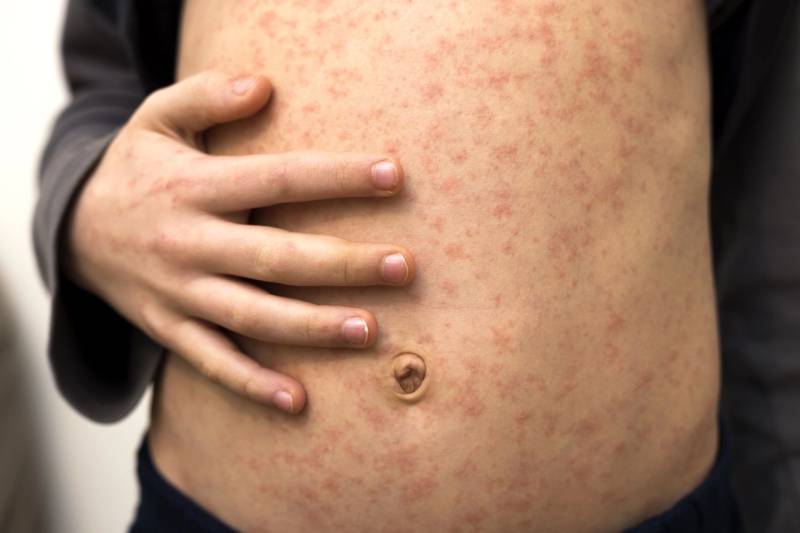 Measles is making a comeback across Europe, and Spain is no exception. After years of relatively low case numbers, health authorities are once again on alert as infections rise sharply.
Measles is making a comeback across Europe, and Spain is no exception. After years of relatively low case numbers, health authorities are once again on alert as infections rise sharply.In the Region of Murcia, seven measles cases have been recorded since the start of 2024. That’s a noticeable increase on previous years, where just one case was detected in 2023 and none at all in 2021 or 2022.
According to the regional Health Department, two of the seven cases detected over the last year and a half were indigenous, meaning they were contracted locally, while the others were imported. These two native cases, identified earlier this year, weren’t directly linked to the imported ones.
However, they haven’t resulted in wider outbreaks, which officials say is a sign that existing control measures are working.
Measles is caused by a highly contagious virus, and the vaccine is the only effective barrier to contain it. Most measles cases are luckily mild, with symptoms like fever, general fatigue and the distinctive red rash.
However, in some instances, it can lead to more serious complications, such as encephalitis. Young infants who haven’t yet had their first dose, and those with weakened immune systems, are particularly at risk.
The concern isn’t just local to Murcia. Across Spain, measles numbers have jumped from 215 in 2024 to 326 so far this year, according to the National Epidemiology Centre. That’s a big leap from just 14 cases in 2023, and it reflects a wider trend across the EU, where falling vaccination rates in some countries and increased travel are fuelling the resurgence.
In Murcia, three of the seven reported cases have been registered this year: one each in January, May and June. Two of these were linked to foreign travel, while the third is still being investigated. The most recent comparable outbreak in the region dates back to 2010, when 96 people were infected, mostly in the Jumilla area.
That outbreak was traced back to imported cases from Romania, where vaccination coverage is significantly lower than in Spain.
Today, the Region of Murcia boasts one of the highest measles vaccination rates in the country; 96.8% of children receive the first dose at 12 months, and 92.4% get the second at age four. While those figures are reassuring, they still fall just short of the World Health Organisation’s recommended 95% for both doses.
“Although we have high vaccination levels in Spain, the same isn’t true in some countries around us,” said Antonio Iofrío, a member of the Vaccines Committee at the Spanish Association of Pediatrics. “We must keep reminding people that vaccination is the most effective tool we have against measles.”
This warning is particularly relevant given the low vaccination protection in some Eastern European countries, and the high incidence of measles in neighbouring Morocco and other parts of the world – factors that are helping drive up cases in Spain and across the EU.
Doctors are now advising parents to consider an early dose of the vaccine for children aged 6 to 12 months who are travelling to areas where measles is circulating widely. This early jab won’t replace the standard two-dose schedule, but it can offer some protection for those most vulnerable.
With numbers on the rise again, health authorities are urging continued vigilance and reminding the public that vaccination remains the best line of defence.
Loading
Sign up for the Spanish News Today Editors Roundup Weekly Bulletin and get an email with all the week’s news straight to your inbox
Special offer: Subscribe now for 25% off (36.95 euros for 48 Bulletins)
OR
you can sign up to our FREE weekly roundup!
Read some of our recent bulletins:
Discount Special Offer subscription:
36.95€ for 48 Editor’s Weekly News Roundup bulletins!
Please CLICK THE BUTTON to subscribe.
(List price 3 months 12 Bulletins)
Read more stories from around Spain:
Contact Murcia Today: Editorial 000 000 000 /
Office 000 000 000











